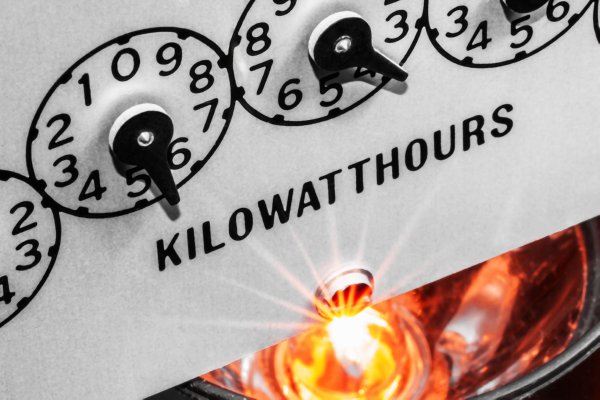Smart meter success tainted by Green Deal installation collapse
Written by Mark Sait
Posted on November 25, 2015
Reports on the early success of the national smart meter programme are tainted by this week’s data on Green Deal installations.

The Government advises that the smart meter roll-out programme is developing well with positive initial feedback from consumers, who are changing behaviour and reducing energy consumption.
This is welcome news – any initiative that reduces strain on national energy resources can be applauded.
Of course, it’s also true that the Government has withdrawn support for the Green Deal and appears to have refocused energy strategy efforts on securing long-term production. There is as yet no replacement for the energy-saving initiatives enshrined in the Green Deal and the Autumn Statement and Spending Review today is unlikely to change that.
So perhaps it is no real surprise that only 177 energy-saving measures were installed using Green Deal funding last months – that is down from around 2,000 in July.
Energy incentives
But given the current intense pressure on national supply of electricity in particular, it seems less than rational to abandon energy incentives for households as well as businesses and organisations.
Domestic energy consumption through lighting and heating in particular can, in our practical experience, be massively reduced through the simplest actions, like installing LED lights and fitting eco taps, eco showers and tap aerators.
An LED light will use around 85% less electricity, which also cuts carbon emissions and the payback in purchase cost is swift. After that, the LED will go on saving energy for a decade and more.
Being water wise is also a financial benefit while helping to husband this precious resource. The EcoSmart shower heads and taps reduce consumption by 60% or more, as do tap aerators, with rapid return on investment.
Those with water meters will see an immediate financial benefit and all users will cut costs as less water needs to be heated and pumped.
Businesses and organisations will also save by choosing these simple, effective solutions. They can go further with lighting controls, HVAC controls and smart pumps as well as waterless urinals and high-performance toilets.
Energy use
It does feel like the national focus on energy efficiency and being green has blurred in the past year as both domestic consumers and businesses find less support and pressure to cut consumption.
In that context, it is heartening that the Department of Energy and Climate Change smart meter roll out report highlights the fact that nearly eight in ten customers with the new devices say they have taken steps to cut their energy use.
The report advises that these customers are changing behaviour, for example, by turning lights off and turning down the heating, while being more aware of ways to save when they use appliances.
Early indications are that the visible “real time” data on energy use and cost shown on the smart meters is giving domestic consumers pause for thought.
The report says that “nearly seven in 10 (69%) say they are more conscious about the energy that they use.”
The research from Energy GB also suggests that “people with smart meters feel more informed and in control of their energy use” with 82% of those surveyed advising that they “feel they have a better idea of what they are spending on energy”.
Within five years, the Government aims to provide all homes and businesses with smart meters – assuming they accept them – and the research shows that 84% of people with the savvy device would recommend it to others.